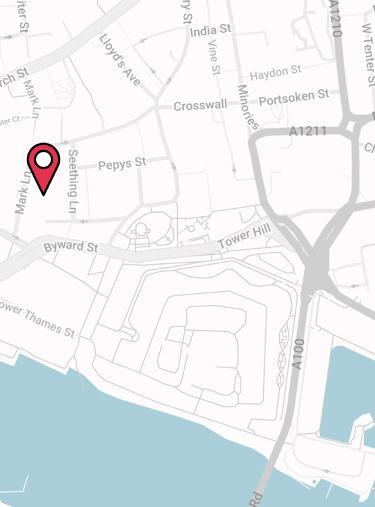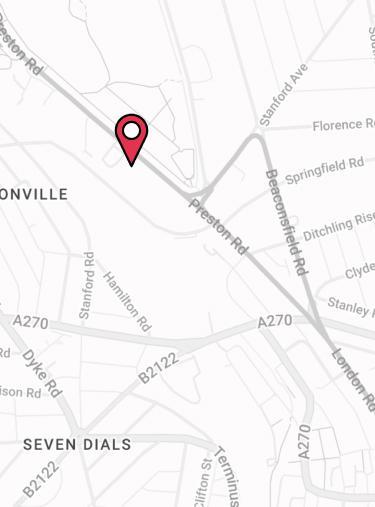Be Careful, Critical Illness Plans Don’t Cover All Cancers..
Critical Illness Insurance underwriting is tricky at best. It’s the only type of insurance in which claimable illness descriptions are agreed upon by committee.
The initial purpose of this type of insurance was to keep people comfortable during “terminal illnesses.” Now, modern medicine is enabling these people to live longer, healthier lives – perhaps even being cured – hence, many insurers are choosing sides when it comes to what illnesses this type of insurance should pay for.
Critical Illness Cover (which is most commonly added to mortgage life insurance plans) is the only type of insurance where coverage descriptions are mostly decided upon by an industry committee, there is no “black and white.” Wording, according to the Association of British Insurers (ABI), is different with just about every policy.
Committee agreed wording, at worst, stops individual development and is, at best, just compromise. That there is agreed upon wording is a huge help but compartmentalising hinders individual insurers from developing wording which will cover how the medical world is changing.
Premise of Critical Illness Insurance
This type of insurance initially worked with the premise that a person would have cover if they ever developed a horrible critical illness within one or more of the six core areas: heart attack, cancer, stroke, multiple sclerosis, major organ transplants and kidney failure. Its purpose was to bring comfort to those in their final years.
The difference now is that modern medicine has progressed substantially enabling most critical illness sufferers to live longer than 20 years or even recover completely.
Insurers are split on this matter. Some insurers believe that critical illness policies should be used exclusively for “terminal illnesses” and a much smaller number of insurers accept the fact that people can make a valid claim under the policy and still recover from the illness.
The main quandary between these differing sides is their attitude toward modern treatment which can potentially find and treat critical illnesses within their early stages. Some insurers are of a mind that early-stage cancer treatments should be covered by under the plan, in a very similar way to private health insurance policies.
Insurers indicate that it makes sense for a critical illness policy to pay out £20,000 in prevention, instead of allowing the disease to develop into its critical stages and end up paying out £200,000.
The Problem Area: Cancer
Because of the differing wordings between insurers and their policies, cancer definitions have become problematic. There were several cases recently reported in which women were diagnosed with cancer and then were shocked to find out that their insurance claim was rejected.
These claim rejections stemmed from the fact that the women were diagnosed with an early stage of breast cancer called Ductal Carcinoma In Situ (DCIS), which is when a tumour that’s non-malignant has been found, can potentially become malignant but, since it was caught early, is still contained.
This then becomes a no-win situation. If the women have treatment to prevent the cancer, they will not be able to make a claim with their insurer but, under many policies, they will have a valid claim and will get paid if they allow the cancer to become malignant before claim application.
Insurers are maintaining, emphatically, that they are only able to give coverage for immediately life-threatening conditions, not for cancers which are caught and treated before they reach the life-threatening stage. People who shop for Critical Illness Insurance should be careful to read all of the “fine print” when choosing a policy.
Income Protection Insurance as a Viable Alternative
This type of insurance can cover a ton of conditions that critical illness plans won’t payout for – such as many early-stage cancers, stress-related illnesses or back-related problems and many more. Essentially, income protection insurance can usually payout for practically any medical condition that prevents the policyholder from working.
For low-risk jobs the premiums can also be lower as the insurer would have to payout a monthly benefit rather than one big lump-sum as with critical illness policies. It usually makes sense to explore the income insurance route first.
If cover is being taken out for mortgage protection purposes it sometimes makes more sense to take out separate life insurance and income protection plans rather than a combined mortgage life insurance with critical illness plan, however this will depend on occupation as the rates and protection provided can vary considerably depending on occupation.
Contact Us
125-135 Preston Road
Brighton
BN1 6AF
Cookies
Drewberry™ uses cookies to offer you the best experience online. By continuing to use our website you agree to the use of cookies including for ad personalization.
If you would like to know more about cookies and how to manage them please view our privacy & cookie policy.









